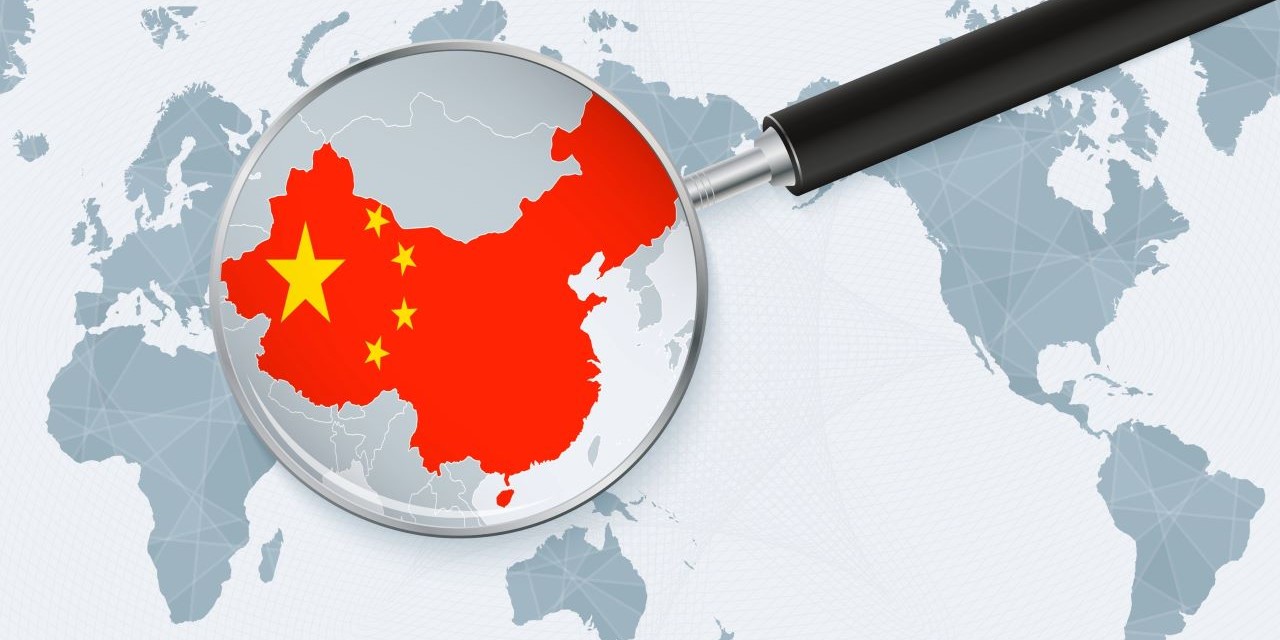Contemporary Peace Research and Practice By Ramesh Thakur | 18 March, 2023
Implications of the Fraying of the Liberal International Order for Policy Oriented Research

Image: BOLDG/Shutterstock
For several years now many analysts have commented on the looming demise of the liberal international order constructed at the end of the Second World War under US leadership.
International politics is the struggle for the dominant normative architecture of world order based on the interplay of power, economic weight and ideas for the good international society. For several decades now wealth and power have been shifting from the west to the east and produced a rebalancing of the world order. As the centre of gravity of world affairs shifted to the Asia-Pacific with China’s dramatic climb up the ladder of great power status, many uncomfortable questions were raised about the capacity and willingness of Western powers to adapt to a Sinocentric order. For the first time in centuries, it seemed, the global hegemon would not be Western, would not be a free market economy, would not be liberal democratic, and would not be part of the Anglosphere.
More recently, the Asia-Pacific conceptual framework has been reformulated into the Indo-Pacific as the Indian elephant finally joined the dance. Since 2014 and then again especially after the Russian invasion of Ukraine in February last year, the question of the European security, political and economic architecture has re-emerged as a frontline topic of discussion.
The return of the Russia question as a geopolitical priority has also been accompanied by the crumbling of almost all the main pillars of the global arms control complex of treaties, agreements, understandings and practices that had underpinned stability and brought predictability to major power relations in the nuclear age.
The new AUKUS security pact with the planned development of AUKUS-class nuclear-powered attack submarines is both a reflection of changed geopolitical realities and, arguably, itself a threat to the global nonproliferation regime and a stimulus to fresh tensions in relations with China. As UK Prime Minister Rishi Sunak put it during the announcement of the submarines deal in San Diego on 13 March, the growing security challenges confronting the world – “Russia’s illegal invasion of Ukraine, China’s growing assertiveness, the destabilising behaviour of Iran and North Korea” – “threaten to create a world codefined by danger, disorder and division.” For his part, President Xi Jinping accused the US of leading Western countries to engage in an “all-around containment, encirclement and suppression of China.”
Finally, regional and global governance institutions can never be quarantined from the underlying structure of international geopolitical and economic orders. Nor have they proven themselves to be fully fit for purpose to manage other pressing global challenges and crises like potentially existential threats from climate and pandemics. To no one’s surprise, the rising and revisionist powers wish to redesign the international governance institutions to inject their own interests, governing philosophies and preferences. They also wish to relocate the control mechanisms from the major Western to some of their own capitals. China’s role in the Iran–Saudi rapprochement might be a harbinger of things to come.
The developments out there in ‘the real world’, testifying to an inflection point in history, pose profound challenges to research institutions and think tanks to rethink their agenda of research and policy advocacy over the coming decade(s).
Related articles:
At the Global Top Table. Will 2023 Be India's Year?
Strategic dilemma: Germany in search of an effective China strategy
Ramesh Thakur, a former UN assistant secretary-general, is emeritus professor at the Australian National University, Senior Research Fellow at the Toda Peace Institute, and Fellow of the Australian Institute of International Affairs. He is the editor of The nuclear ban treaty: a transformational reframing of the global nuclear order.